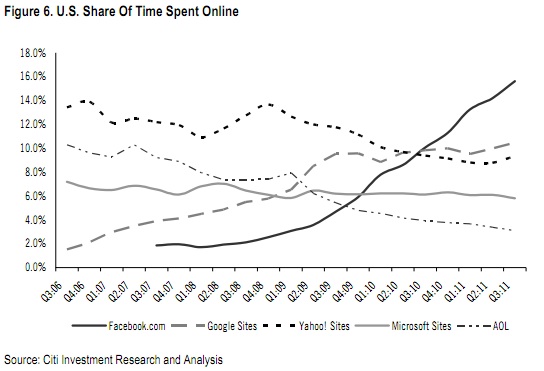This chilling video is all over the Net. I’ve been watching the slow-motion car crash that is Western governments’ response to the economic downturn and thinking that it meets all the criteria for (ancient) Greek tragedy — in that one can see it’s going to be a disaster and nobody can do anything to prevent it. But I hadn’t seen anyone laying out as brutally as this.
Then some doubts set in. Is this guy a successful trader, as he implies? Here’s Deborah Orr in the Guardian:
Rastani isn’t a predator. He’s merely a would-be predator, operating freelance from his girlfriend’s semi in Bexleyheath, and regretful that he did not, in fact, make “a fortune” out of the crash. Actually, the guy is the most honest broker ever to hit the telly. No wonder he’s broke.
But here’s the funny thing. The BBC is in trouble because it let Rastani on to the television without vetting him properly first. He presented himself as a successful trader, when there is no sign that he is.
Quite so: according to the Telegraph, he lives in a pebbledashed suburban house that he doesn’t even own:
“They approached me,” he told The Telegraph. “I’m an attention seeker. That is the main reason I speak. That is the reason I agreed to go on the BBC. Trading is a like a hobby. It is not a business. I am a talker. I talk a lot. I love the whole idea of public speaking.”
So he’s more of a talker than a trader. A man who doesn’t own the house he lives in, but can sum up the financial crisis in just three minutes – a knack that escapes many financial commentators.
“I agreed to go on because I’m attention seeker,” he said on Tuesday. “But I meant every word I said.”
The trouble is that some of what he says is plausible. Goldman Sachs may not actually rule the world, but governments behave as if it did.
Thanks to Andrew Ingram for spotting it.


